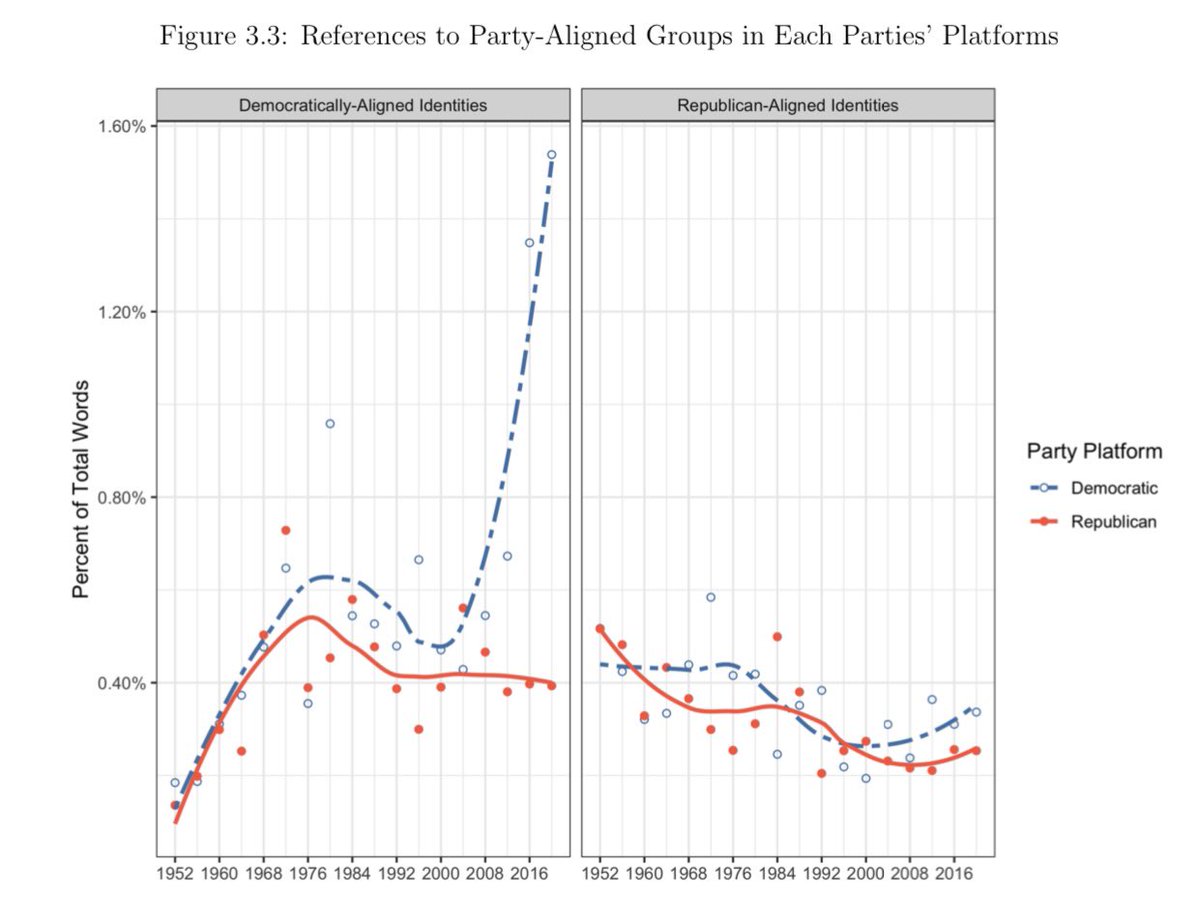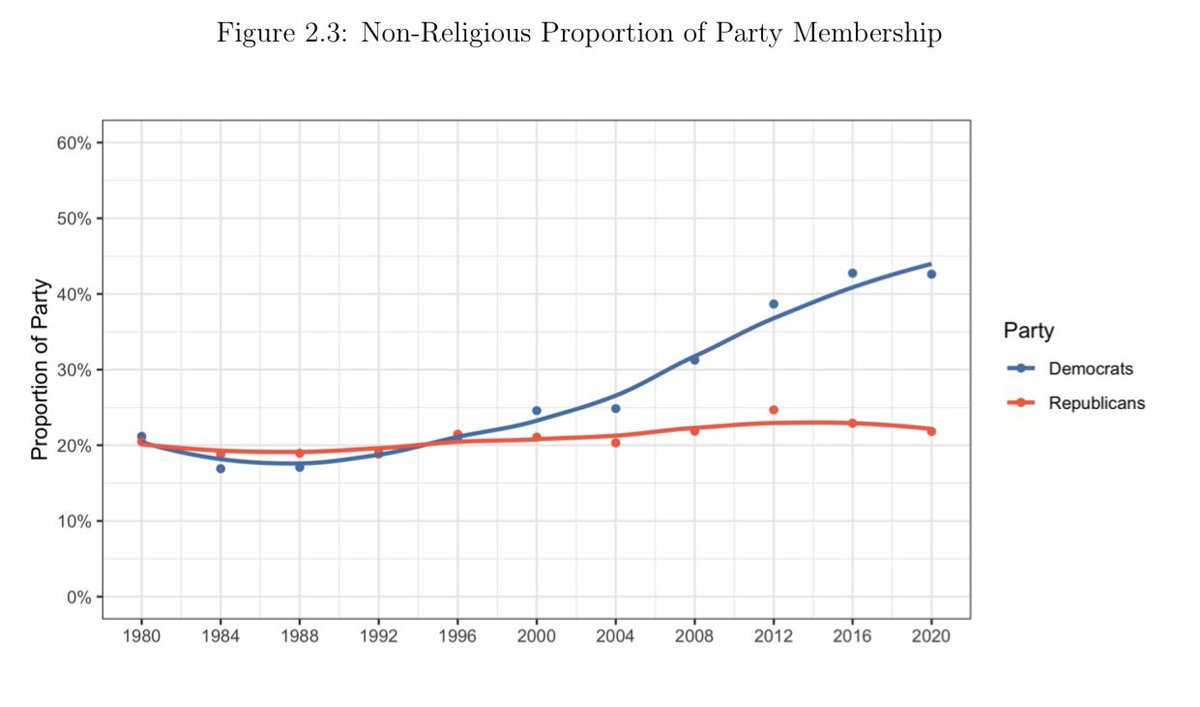
Clinton & Obama comparisons are more for 2024 than now. Both suffered massive losses in 1st midterms, linked to congressional agendas. By re-elections, they had both generic incumbency & a radicalized Republican foil (including on economics) to enable visible triangulation
Low-education voters were traditionally inattentive, meaning both lower turnout & more nature-of-the-times voting. We haven’t yet run a low turnout election or a democratic incumbent under education polarization. But basic midterm backlash dynamics may overwhelm other factors
We don’t know yet how Republicans will look in 2024 (including on economics). 1995-6 & 2011-12 Rep internal fighting (including primaries) & public image had a lot to do with Dem successes in 96 & 12. Left/center conflict could matter less or allow triangulation with Rep foil
Obama & Clinton images today are based on post-midterm behavior. In initial years, they were seen (like Biden now) as closely tied with congressional leaders, trying to pass large agendas, & moving policy leftward. Divided government enabled running on triangulation & competence
Trump dynamics could’ve been similar. He lost moderate image by allying with congressional party in 17, but gained opportunity with left-moving Democrats after 18. With any kind of pivot, better econ/pandemic results, or non-Biden opponent, he might have pulled off incumbent win
• • •
Missing some Tweet in this thread? You can try to
force a refresh













